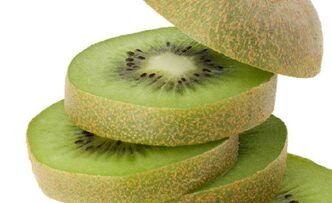这些水果和蔬菜有益心理健康:尤其是生吃的时候
|
Raw fruits and vegetables may be better for your mental health than cooked ones, according to a new study from the University of Otago in New Zealand. The study, published in Frontiers in Psychology, found that people who ate more uncooked produce had lower levels of symptoms related to depression and other mental illnesses, compared to those who ate more cooked, canned, or processed varieties. The study was only able to show an association between raw produce and better mental health, not a cause-and-effect relationship. But the researchers say the link could have to do with the fact that many fruits and vegetables have more nutrients in their natural state-and that those nutrients may have a positive impact on mood and brain chemistry.
For the study, researchers surveyed more than 400 young adults, ages 18 to 25, in the United States and New Zealand. People in this age group tend to consume a relatively low level of fruits and vegetables, the authors point out, and are also at high risk for mental health disorders. The participants were asked about their typical consumption of fruits and vegetables, including which specific varieties they ate and how the produce was prepared. They were also screened for symptoms of mental illnesses, like depression and anxiety. The study authors knew that plenty of other variables could influence both mental health and fruit and vegetable consumption. So they also made sure to consider participants' exercise habits, overall diet, existing health conditions, socioeconomic status, ethnicity, and gender. Even after controlling for those lifestyle and demographic factors, the association between raw vegetables and positive mental health outcomes was significant. Raw fruit and vegetable consumption predicted lower levels of depression and improved levels of psychological well-being, the authors wrote, including positive mood and life satisfaction. By contrast, intake of fruit and vegetables that were processed (by cooking, canning, or other methods) was associated only with positive mood-not with any of the other mental health variables measured in the study. Overall, the 10 foods in the study that were most strongly associated with positive mental-health outcomes were carrots, bananas, apples, dark leafy greens (such as spinach), grapefruit, lettuce, citrus fruits, fresh berries, cucumber, and kiwifruit. |









